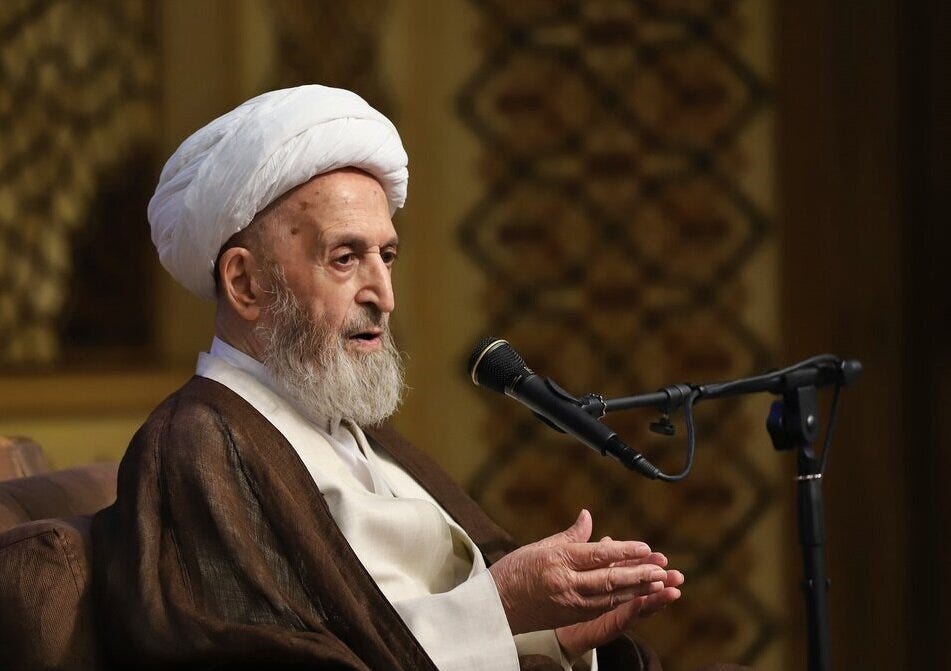The Partnership of Equals
An Islamic Perspective on the Dignity and Role of Women
In a world that continues to wrestle with competing definitions of gender equality, Islam offers a holistic and principled framework—one that dignifies women as essential, intelligent, and spiritually equal partners in the journey of life. This vision, articulated eloquently by Grand Ayatollah Jafar Sobhani, is rooted in the Quran and exemplified by the noble lives of the Ahlul Bayt (A), particularly the Lady of Light, Fatima al-Zahra (SA).
Equality in Creation and Mission
The foundation of Islam’s view on women is clear: both man and woman were created from a “single soul” (nafsin wāḥidah) as mentioned in the Quran:
“O mankind, fear your Lord, who created you from a single soul and created from it its mate and dispersed from both of them many men and women…”
— Quran, Surat al-Nisāʾ , Chapter 4, The Women, Verse 1
This shared origin affirms that women are not a secondary creation or a divine afterthought. Rather, they are full partners in the divine project of humanization—endowed with intellect, moral responsibility, and the capacity for spiritual ascent. As Grand Ayatollah Sobhani noted, this worldview marks a “worthy and promising step” toward reviving a balanced, ethical view of gender in both family and society.
A Model of Female Leadership
Among the clearest examples of female excellence is the personality of Hazrat Fatima Zahra (SA), whose life represents the highest standard of piety, scholarship, and strength. Far from being confined to the domestic realm, she actively participated in the moral and social discourse of her time—defending truth, safeguarding the legacy of the Prophet (SAW), and raising a generation that would become pillars of resistance and sacrifice.
Her legacy dispels the false dichotomy between modesty and influence. As Ayatollah Sobhani emphasised, leadership in Islam is not limited to public office or power, but begins with sincerity, wisdom, and service.
A Critique of Materialistic Views
In contrast to this elevated view, the modern materialist culture—especially in some Western paradigms—has often commodified women, reducing them to instruments of pleasure or agents of profit. Grand Ayatollah Sobhani warns that such frameworks strip women of their deeper identity and fracture the moral foundation of the family unit.
When a woman’s value is measured only by outward attributes or economic utility, society loses sight of her soul, her intellect, and her generational impact. Islam, in contrast, reaffirms that value lies in proximity to God, not in appearance or capital.
Justice in Complementary Roles
Justice in Islam does not always mean sameness. It means fairness, proportionality, and respect for innate qualities. In societal and family roles, men and women may differ—but these differences are complementary, not competitive.
As the Quran states:
“And do not wish for that by which Allah has made some of you exceed others… To men is a share of what they have earned, and to women is a share of what they have earned…”
— Quran, Surat al-Nisāʾ, Chapter 4, The Women, Verse 32
This acknowledges individual merit while reinforcing collective harmony. True justice, as Ayatollah Sobhani notes, lies in honouring these distinctions, not erasing them.
Toward a Revival of Scholarship and Values
To fully actualize this balanced vision, Ayatollah Sobhani calls upon Muslim scholars and researchers to deepen their engagement with issues related to women and the family—drawing not only from divine revelation but also rational inquiry. Such efforts are crucial, not only to resist external cultural impositions but also to correct internal distortions and reassert Islam’s rich, values-based model for gender relations.
In doing so, communities can move beyond the tired binaries of modern feminism vs. tradition and instead root their progress in a path of spiritual equality, mutual respect, and prophetic wisdom.
Reference: ABNA


